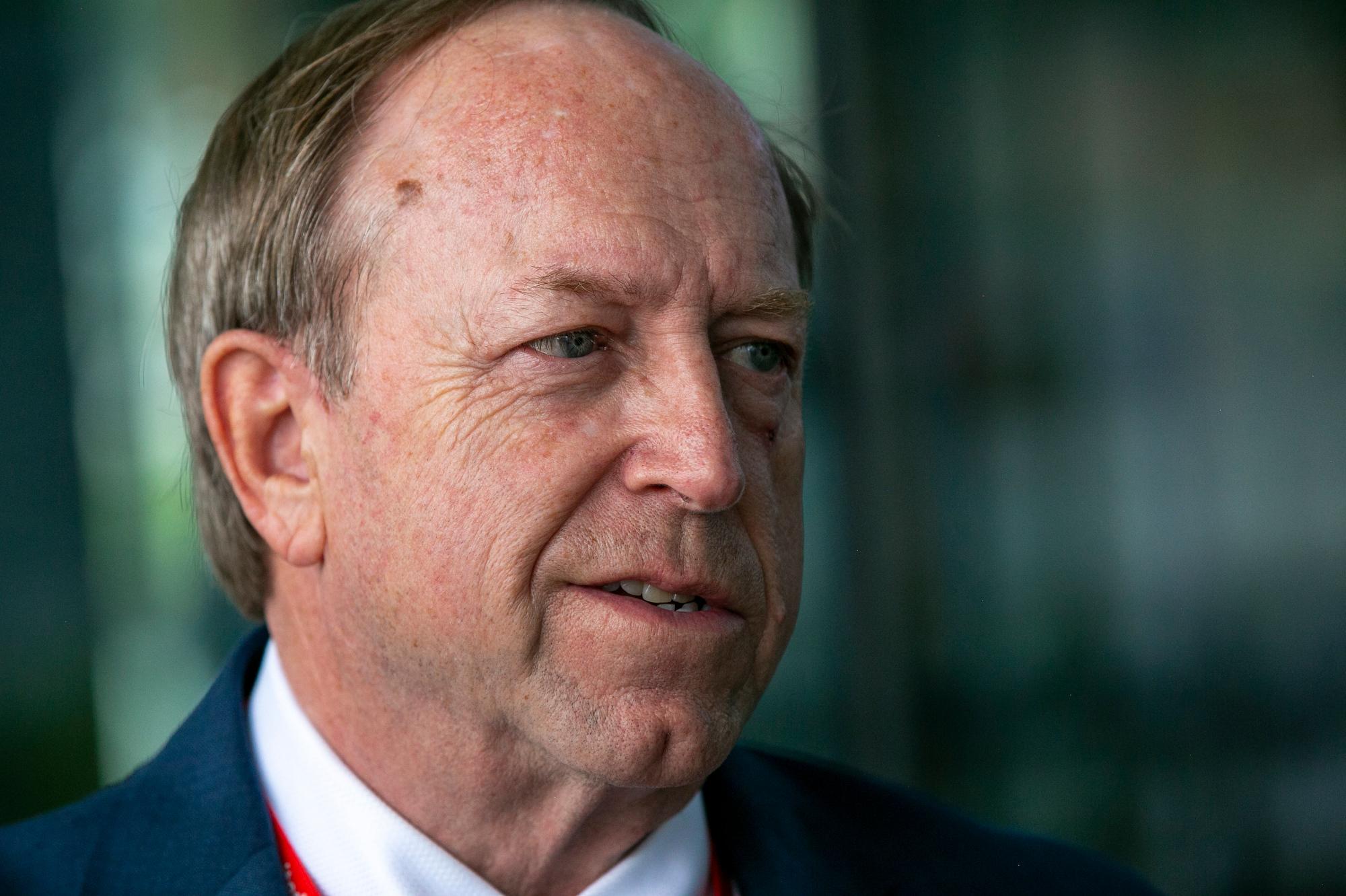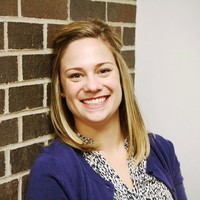
John Suthers' tenure as mayor of Colorado Springs is ending after serving the maximum two terms in office.
A native of Colorado Springs, Suthers was elected as district attorney of the 4th Judicial District in 1988. In 2001, then-President George W. Bush appointed him as U.S. attorney for Colorado. Suthers also served as the attorney general for Colorado from 2005 to 2015.
He was elected mayor of Colorado Springs in May 2015 and again in 2019.
Following the completion of the role, Suthers will join the law firm of Brownstein Hyatt Farber Schreck as a shareholder, focusing on government relations and matters regarding state attorneys general.
His successor, Mayor-elect Yemi Mobolade, will be sworn into office on Tuesday, June 6.
KRCC's Abigail Beckman spoke with Mayor Suthers about his legacy, the pandemic and whether he plans to stay involved in city politics.
Responses have been edited for length and clarity.
Highlights from the interview
On his legacy as mayor of Colorado Springs
I think other people define one's legacy, so I just can say the things that I feel best about. The city was in a little bit of a stagnant state [when I came into office].
We really had not made any significant infrastructure investment in a couple of decades. The city engineer estimated we had a $1.5 - 2 billion infrastructure deficit, primarily roads and stormwater. We had tremendous legal issues surrounding our stormwater system. The voters had done away with a stormwater fee in 2009. We drastically reduced our stormwater spending, and I walked into the office facing lawsuits from the EPA, the state of Colorado and Pueblo and the lower Arkansas (River) Valley.
When we look back, we have overcome that infrastructure deficit, and I feel good about the fact that I was able to convince the voters that that was something we needed to do.
We've created 50,000 jobs in the last 10 years so now we have a lot of young people moving to Colorado Springs to take those really good job opportunities.
The gross domestic product of the city has grown by a third in eight years.It's never grown that much in that short a period of time. So to put that in perspective, it took 143 years to get a 30 billion annual economy. It took eight years to go from 30 to 40 billion.
"As the city grows, we're going to have continuing challenges with making sure the infrastructure keeps up with the growth. We need to be very conscious of our water supply and we need to be, as I like to say, very, very conscious about the challenge of making sure that we build a city that matches our scenery."
-Colorado Springs Mayor John Suthers
On things he did not anticipate when coming into office
How about a worldwide pandemic? You know, I went to exercises for wildfires, for ransomware attacks… but when worldwide pandemics only come around about every 100 years, it's not something that you exercise for. And it was a real experience.
In hindsight, I feel very good about the way we handled it and I give credit to Governor Polis. We shut down for a period of time until we could figure out exactly what we were facing, but we reopened the economy as quickly as you could under the circumstances.
And ironically enough, and who would've thought this at the time, we benefited in the post-pandemic world, because [of[ all these things that are being insourced back to the United States as a result of our experience in the pandemic, such as microchips. That is having an enormous benefit for Colorado Springs because we have a history as a producer of microchips. And so we've had three major announcements where microchip businesses are onshoring and coming back to Colorado Springs and we're returning to our roots as "Silicon Mountain."
On being mayor during the social justice movement and protests of 2020
Having been district attorney and attorney general, I remember one time I had 1,000 protestors outside the attorney general's office when I was there. So it was something that I was aware of.
Aside from what was going on nationally, we had a police officer shooting here- the De'Von Bailey shooting. And my experience having reviewed hundreds and hundreds of police shootings in my career, I think, helped me kind of come to some realizations about what was going to happen there. The first time I watched the tape, I knew that it was a justified shooting from a criminal justice perspective, but I also knew that there would be a lot of protest about it.
And I talked to the police and I said, "our job is to make sure people have the ability to exercise their 1st Amendment rights, but we have to protect the citizens from any personal injury and property damage. That's our job."
On being mayor of his hometown
It's a great honor and a great privilege to have been the mayor of my hometown. I literally grew up with this city. When I was adopted in 1951, I was born in Denver and adopted when I was three-weeks-old, this was a city of 40,000 people.
People ask me, "what's the best job you ever had?" I think probably the best job I ever had was attorney general.
But if somebody says, "what's the most satisfying job you've had?" No question about it - being mayor of Colorado Springs because we were able to accomplish so many things that were not easy to accomplish.
On the pressures to live up to Colorado Springs founder's vision, and Suthers' consistent use of a quote from Wallace Stegner about having a a city that matches it's scenery
I think a lot about General Palmer. He founded this city and it's one of the few cities in America founded on the basis of aesthetics. And here we are, you know, 152 years later, 500,000 people later…but I think we have the same challenge he did. How do we build this city and still maintain that quality of life?
I feel like I've done my part and I feel very good about that. There are people like me who've lived here all of their life who think the city's gotten way too big, all that kind of stuff. I don't think they understand what would be involved in telling people they can't move here. I think the constraints have to be natural constraints, like water availability and things like that. And not artificial constraints like, "we don't want you here."
I don't want to be too direct, but I don't want to be the next Boulder who feigns kind of a place for everybody, but really it's a place for the very, very rich.
On whether he'll stay involved in city government
I'm not sure what my formal roles will be. I told Yemi that he can call on me for advice any time with an assurance that I won't make any public statements about what our conversations are. I think that's very important.
I'll be low key. I don't think people going out of office should spend a whole lot of time critiquing the next person.
I'm going to be more active in philanthropy. I've got an autobiography coming out in June. I've got, I think, kind of a compelling personal story. I didn't determine the identity of my natural mother till I was 39. I had 11 half-brothers and sisters that didn't know I existed. And I've had a very interesting career, you know, I've been in the room where it happened quite a few times.
On parting words for the citizens of Colorado Springs
We need an engaged citizenry in this city. As the city grows, we're going to have continuing challenges with making sure the infrastructure keeps up with the growth. We need to be very conscious of our water supply and we need to be, as I like to say, very, very conscious about the challenge of making sure that we build a city that matches our scenery.








